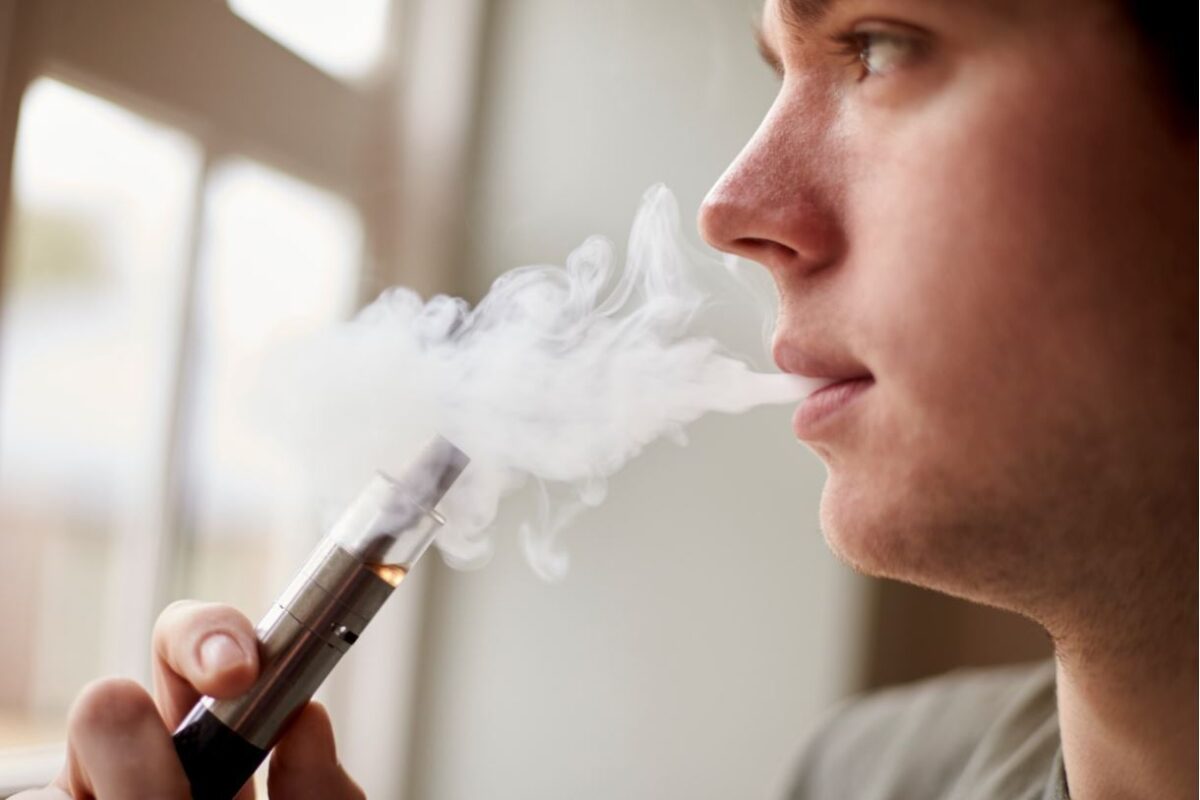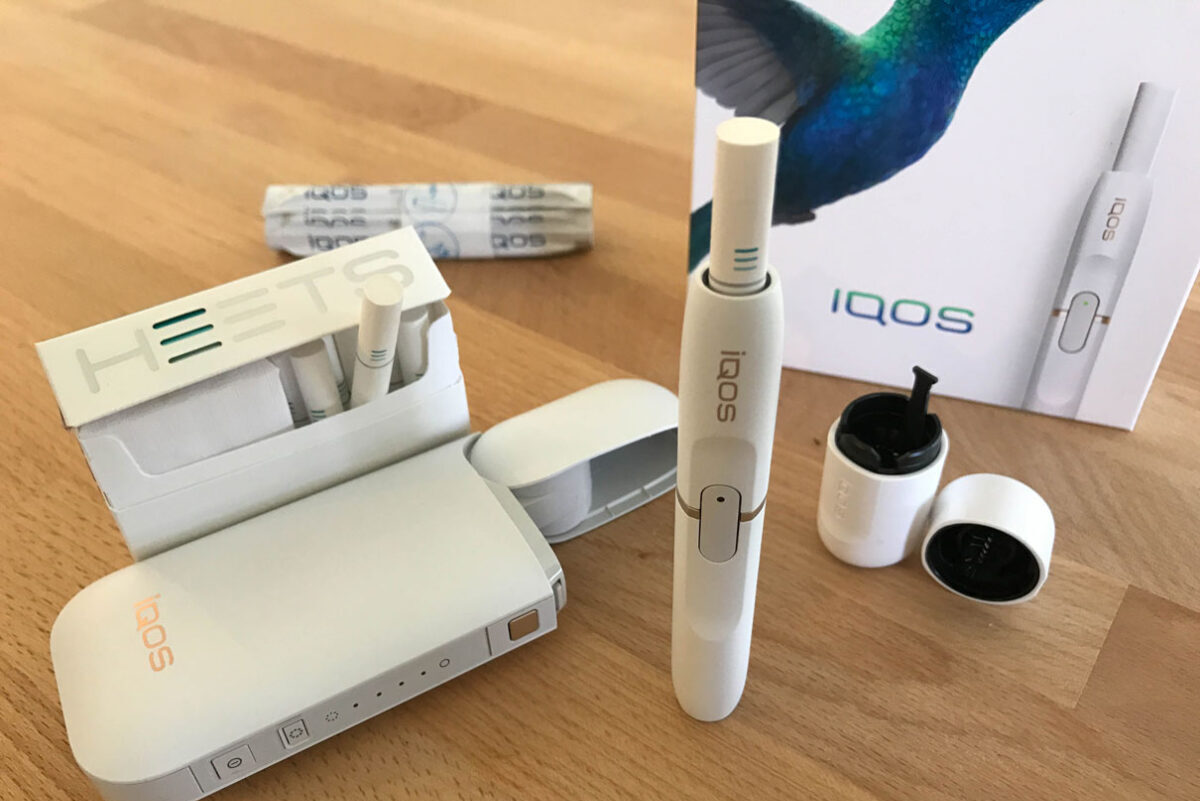Vaping also affects mental health in young people, especially. Various studies indicate that about 21% of people who vape are affected by mental health issues, compared to only 4% of non-vapers. In addition, the percentage of teens who have tried vaping has risen from 3.3% in 2015 to 6.5% in 2017, according to the National Institute on Drug Abuse (NIDA).
The main risk of vaping is that it will create a new addiction. Suppose you feed your brain something that makes it release more dopamine than usual. In that case, you can become addicted to that thing, and it will make the world seem more intense and less stressful than before.
Smoking Cessation Programs
Smoking Cessation Programs are in place to help people to quit smoking. The program comprises three elements: nicotine replacement therapy (NRT), behavioral counseling, and medication.
Cessation programs have been proven to help those who want to quit smoking become smoke-free for good. This has led to a 60% success rate in just 6 months in certain studies. If a person can get past the first two weeks of trying to quit, there is a good chance they will be smoke-free in six months.
However, take note that cessation programs only work well with the support of a stop-smoking counselor.




